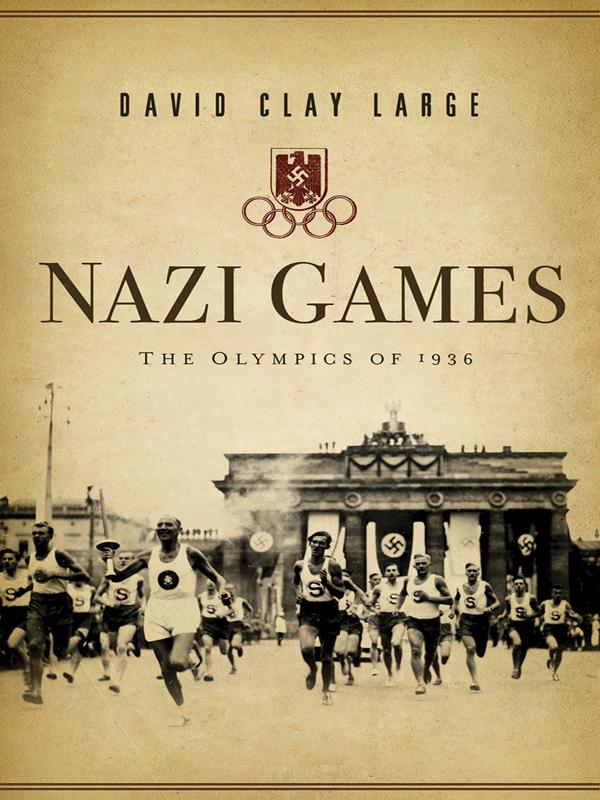
Nazi Games: The Olympics of 1936 PDF
Preview Nazi Games: The Olympics of 1936
Athletics and politics collide in a critical event for Nazi Germany and the contemporary world.
The torch relay―that staple of Olympic pageantry―first opened the summer games in 1936 in Berlin. Proposed by the Nazi Propaganda Ministry, the relay was to carry the symbolism of a new Germany across its route through southeastern and central Europe. Soon after the Wehrmacht would march in jackboots over the same terrain.
The Olympic festival was a crucial part of the Nazi regime's mobilization of power. Nazi Games offers a superb blend of history and sport. The narrative includes a stirring account of the international effort to boycott the games, derailed finally by the American Olympic Committee and the determination of its head, Avery Brundage, to participate. Nazi Games also recounts the dazzling athletic feats of these Olympics, including Jesse Owens's four gold-medal performances and the marathon victory of Korean runner Kitei Son, the Rising Sun of imperial Japan on his bib. 25 b/w photographs
**
From Publishers WeeklyThe year 1936 saw "the Nazi's first big international show-their coming-out party on the world stage," when Berlin hosted the summer Olympics. In this comprehensive examination of the 1936 Olympic Games, historian Large explores everything from Berlin's bid to secure the games-amongst much political jockeying and threats of international boycott-to politicized training regimes, shocking mistreatment of Jewish and black athletes and, finally, the tense contest itself. What emerges is a captivating, chilling portrait of the Nazi propaganda machine, the international response to it and the swirl of global forces that would soon plunge the world back into war. Featuring highly detailed research drawn from a number of primary accounts (including "fresh materials" from the International Olympic Committee), this history may wade in a few steps deeper than some readers will care to go; still, as a unique look at both the Third Reich and the Olympics, this should hold great interest for aficionados of WWII and avid fans of the Games.
Copyright © Reed Business Information, a division of Reed Elsevier Inc. All rights reserved.
Perhaps Hitler's most conspicuous attempt to appropriate the iconography of classical Greece, the eleventh Olympiad was also the Third Reich's most successful public-relations coup. Through pageantry emphasizing German athleticism and cultural superiority, Hitler convinced skeptics abroad that his emergent Weltmacht could be both militaristic and peaceful. Stoking the flames of nationalism, Germany's preparations for the Olympics would also mask Hitler's more nefarious ambitions while priming Germans to mobilize for war. The author of several books on Nazi Germany and a celebrated "biography" (Berlin, 2001), Large here vividly describes how the Olympics catalyzed Nazi Germany's rise to power and how the controversies of 1936 would resonate though future Olympics. Approaching his topic with broad historical insight and an acute grasp of the political climate of the day, Large makes a strong case that international sports then, as now, should be considered politics by other means. Refreshingly, Large also dedicates significant space to the Olympic events themselves, which were often as dramatic as the political background. Brendan Driscoll
Copyright © American Library Association. All rights reserved
